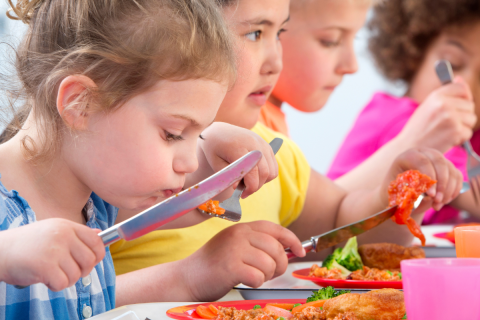
Family mealtimes are losing significance for Generation Alpha (born 2010–2025). According to a recent study by Cologne-based research institute Innersense, food for this age group is less about shared rituals and more about self-expression, experimentation, and self-optimisation.
Children increasingly eat alone or with friends, often preferring snacks or home-baked treats to traditional meals. While parents still provide guidance and healthy options, they aim to minimise conflict and grant independence, frequently relying on influencers, brands, and digital tools as modern parenting aids.
The study identifies six key motives shaping Gen Alpha’s approach to food:
- Self-care over bonding – Food provides comfort and autonomy, though branded treats still symbolise closeness.
- Fluid routines – Mealtimes adapt to varied schedules and family structures, with familiar brands offering stability.
- Identity building – Cooking and baking, inspired by digital platforms, allow creative self-expression.
- Self-optimisation – Nutrition is seen as a tool for managing performance, with protein-rich and low-calorie choices gaining ground.
- Influence and advocacy – Children often drive healthy habits, armed with arguments from social media.
- Customisation – Products tailored to moods and identities resonate strongly.
Ultimately, food has become a platform for orientation, control, and belonging. While Gen Alpha is heavily influenced by parents, their habits reveal a generation growing up individualised, digitally shaped, and conscious of health and sustainability. Brands that recognise these values can strengthen trust and engagement.
